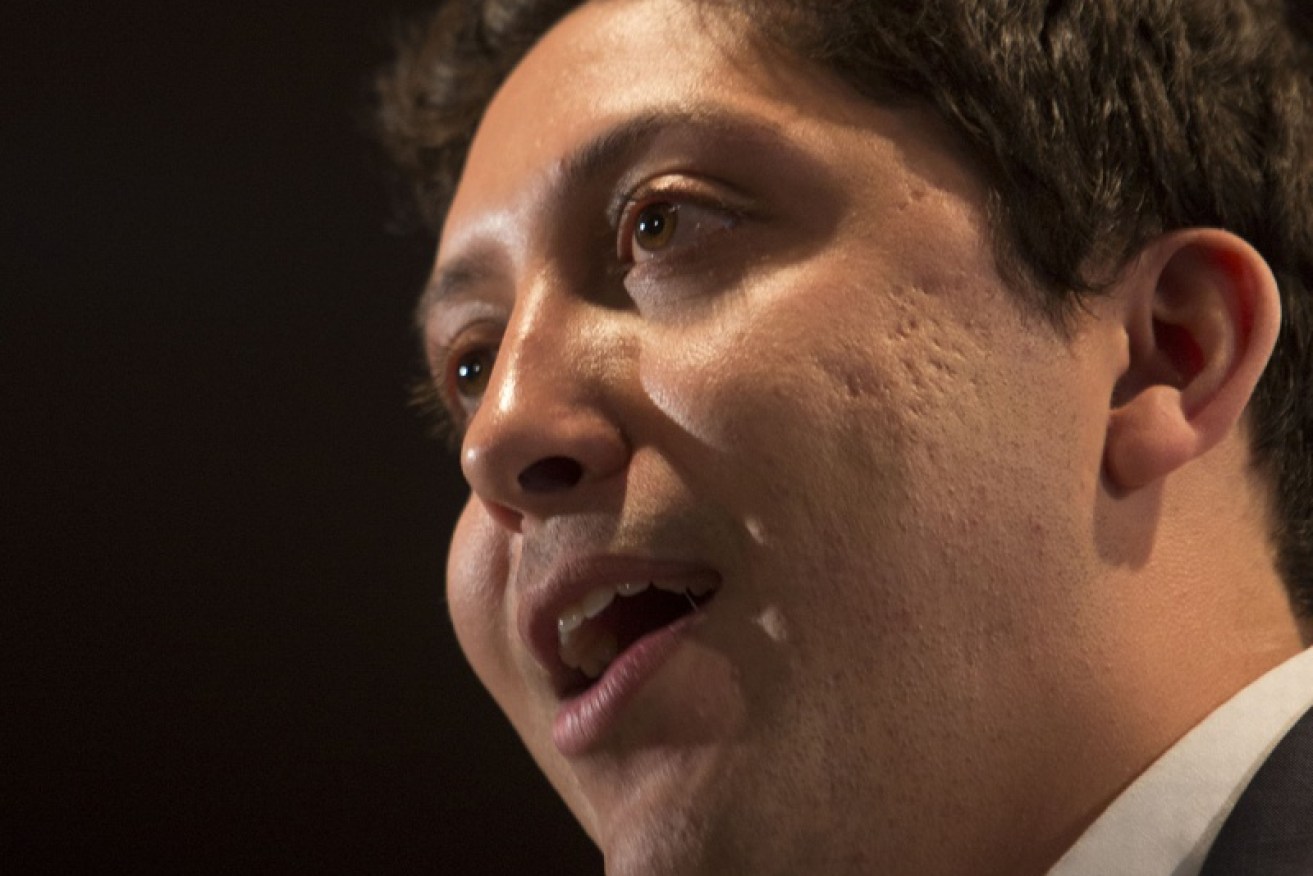Give us renewables, super funds tell the PM

Future Super founder Simon Sheikh.
Tony Abbott’s demise has stoked hope among clean energy providers that super funds and other investors will step up investment in renewables, such as solar and wind power.
Investment confidence in renewables took a beating in the past 12 months amid concern that the Abbott government was considering ways to tighten regulation of wind turbine rollouts across the country.
In July the government’s $10 billion Clean Energy Finance Corporation was directed by the Treasurer Joe Hockey to freeze investment in wind projects.
• 20 things you didn’t know about Malcolm Turnbull
• Tony Abbott’s epic blunder on carbon emissions
• Local super funds dominate global pension growth
Last year Mr Abbott also delivered a financial boon to the coal-fired power industry by abolishing the carbon tax.

Under Tony Abbott, the government was extremely hostile to clean energy.
Simon Sheikh, the founder of Future Super, Australia’s first super fund to rule out investing in fossil fuel assets, said the Coalition government had undermined the competitive position of renewables in local energy markets.
“Investment in the rollout of renewable energy infrastructure ground to a halt during the Abbott years,” he said.
“By attacking the renewable energy target, a demand driver, the Abbott government was able to successfully stymie investment.”
While he views Mr Abbott’s departure as a positive for the clean energy sector, Mr Sheikh is expecting new Prime Minister Malcolm Turnbull to move slowly to extinguish the government’s hostility towards renewables.
“It is hard to imagine Prime Minister Turnbull continuing to undermine the renewable energy sector in the way Abbott did,” he said.
“The coal industry is in decline and the loss of their cheerleader-in-chief may be the final nail in its coffin as we look out over the medium term.”
Turnbull walks tightrope on carbon emissions
Amid speculation that Mr Turnbull caved in to pressure from climate skeptics in the Liberal party to secure their backing for his leadership challenge, the Opposition put the heat on the new PM to explain the government’s emissions policy.
Mr Turnbull told the parliament during Question Time that his government was committed to cutting carbon emissions, but did not explain his preferred method for achieving greenhouse targets.
“There are so many means for deeply reducing emissions,” he said.
Earlier in the day Mr Turnbull indicated that some government policies would be unwound under his leadership, but that any changes would have to be approved by his cabinet.
“Policies will change in the light of changed conditions, of course they will,” Turnbull said.

But Malcolm Turnbull is likely to be much more open to developing the renewable energy industry.
“But we stand by every decision we make, the cabinet stands by every decision we make, and as we revise them and improve them in the light of experience we will stand by those, too.”
Clean energy providers are expecting a better deal
Kane Thornton, the CEO of the Clean Energy Council, said Mr Abbott’s time at the helm had been a “challenging and frustrating period” for the renewable energy sector.
“Australia’s world-leading renewable resources – our sun, wind and water – provide a huge economic opportunity for Australia that can deliver jobs and investment to regional communities throughout the country,” he said.
“The potential of this promising sector clearly aligns with the economic aspirations the new Prime Minister has outlined, and we anticipate a more supportive approach that will attract the multi-billion-dollar private investment that the rest of the world is realising from renewable energy.”
Mr Thornton said that Australia’s renewable energy target would generate more than 15,000 new jobs through disruptive renewables technology, including home energy storage.
NSW and Queensland have most to lose
Mr Abbott’s strident defence of the coal industry against attacks from environmentalists and other champions of clean energy was firmly grounded in electoral politics.
The Coalition swept to power in 2013 by claiming almost every regional seat in Queensland and New South Wales.
Apart from employing thousands of people, the coal industry is also the largest contributor to export earnings in these states by a long margin.
Although Mr Abbott’s controversial aversion to wind power might have lost him votes in Sydney and Melbourne, it was informed by the following trade statistics:









